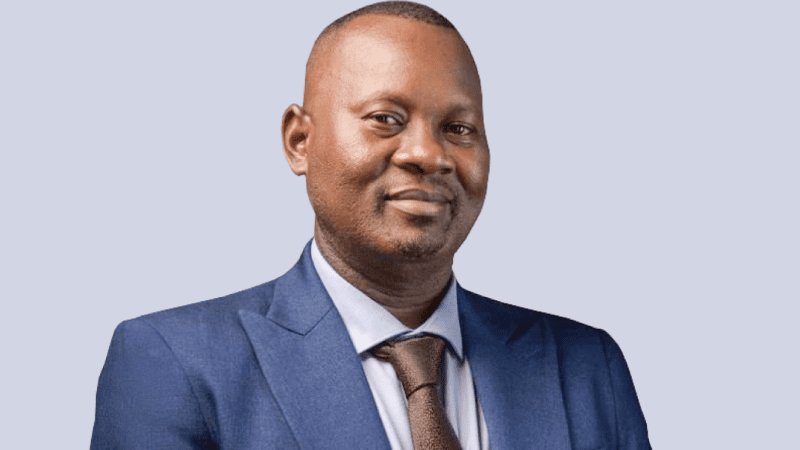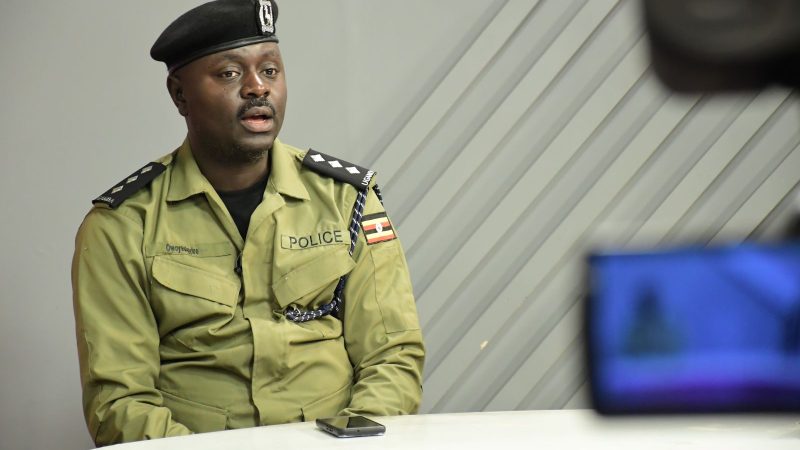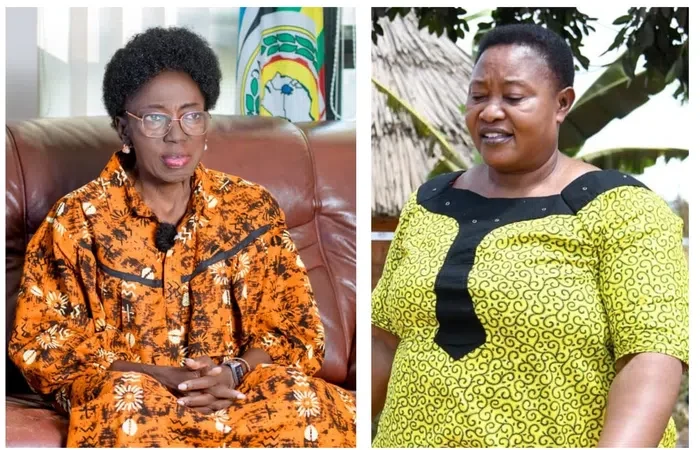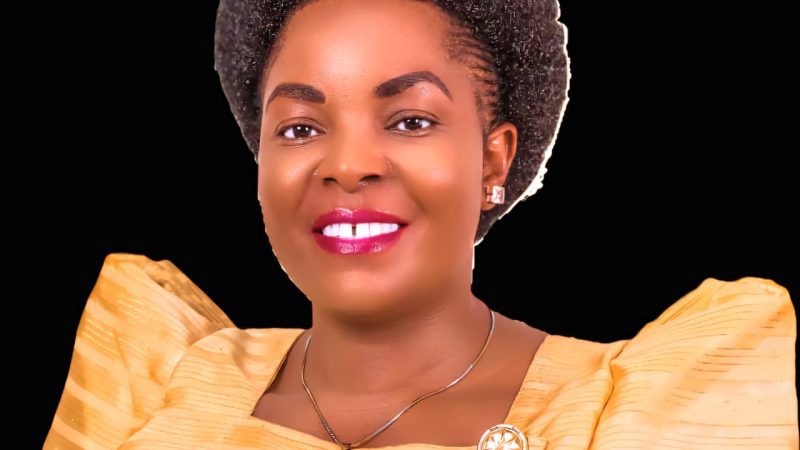The development relationship between Africa and the rest of the world must be premised on a win-win model, President Museveni has said.
“Africa and China should establish an equitable trade and development model that should emancipate humanity from the primitive tendencies of win-lose situations,” said the President. “We should all work for win-win frameworks.”
The President made the call in Beijing, China as he officially opened the Coordinators Meeting on Follow-up Actions of the Beijing Summit of the China-Africa Cooperation (FOCAC).
The gathering, which is comprised of African ministers and their Chinese counterparts, is meeting to review the implementation of what was agreed on at the 3rd FOCAC Summit in September last year when President Xi Jinping hosted nearly all African heads of state.
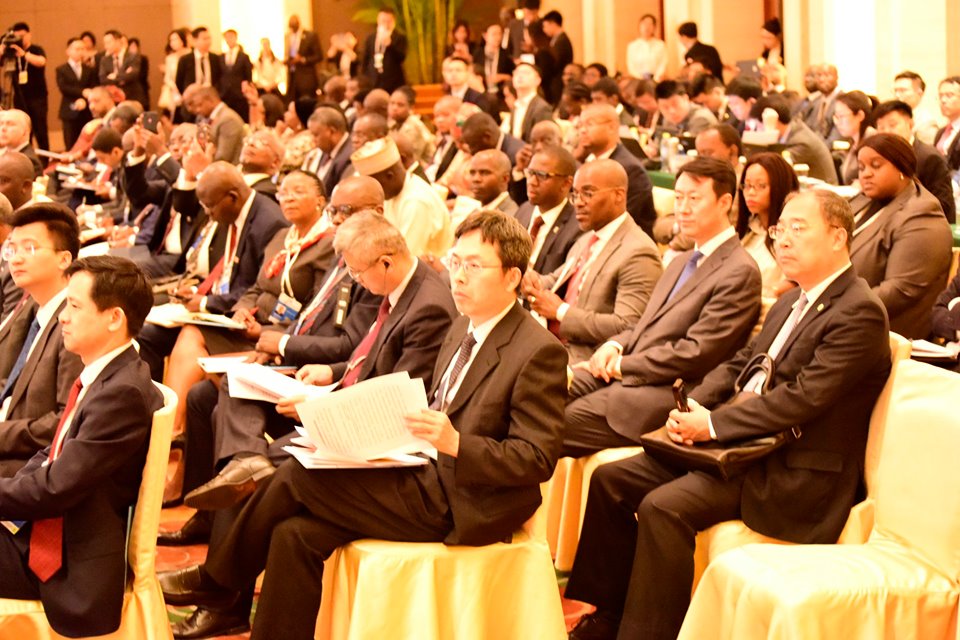
President Museveni, who was a special guest at the ministers’ meeting, said by supporting infrastructure, which is the base of production, China was already moving in the right direction as far as implementing the win-win model.
Independence Support
In his address, President Museveni who is on a four-day working visit to China, lauded his host country and other Communist states for supporting the liberation struggles in Africa.
“By 1994, South Africa, the last occupied country in Africa, had been re-conquered by the indigenous people. One of the three factors that enabled Africa to end these five centuries of shame (slave trade and colonial times), were the two happy events that took place in Europe and Asia.”
The events, pointed out the President, were the October Communist Revolution in the Soviet Union and the Communist victory in China in 1949.
He added: “These two events meant that an anti-imperialist camp had emerged that, eventually, contributed to the liberation of Africa. The other two factors that helped us regain our freedom were the continued resistance of our people…and the mutual bleeding of the imperialist countries in form of the 1st and 2nd World Wars.”
Addressing bottlenecks
While commending the Communist Party for propelling China from position 45 in the global economy to position two in just 70 years (1949-2019), President Museveni said the Asian country had taken advantage of its land size and population to the fullest.
Africa, observed President Museveni, whereas it was gifted with resources and a growing population, it still had strategic bottlenecks to address for it to fully develop.
Among the bottlenecks the President listed were ideological disorientation, sectarianism, disregarding the private sector, under-developed infrastructure, fragmented markets, export of raw materials and underdevelopment of human resource.
He also pointed out that the progress had been held back by underdevelopment of agriculture, an under-developed services sector and for long time a suppressed democracy.
Museveni commended
The Chinese Foreign Minister, Wang Yi, who read President Xi Jinping’s message at the meeting, thanked President Museveni for accepting to open the coordinators’ meeting.
“We welcome and thank President Museveni, our special guest, for coming to this opening ceremony in person and not delegating,” Mr. Wang said.
He reported that last year’s FOCAC was a success and that China was committed to implementing the eight major resolutions arrived at during the summit.


